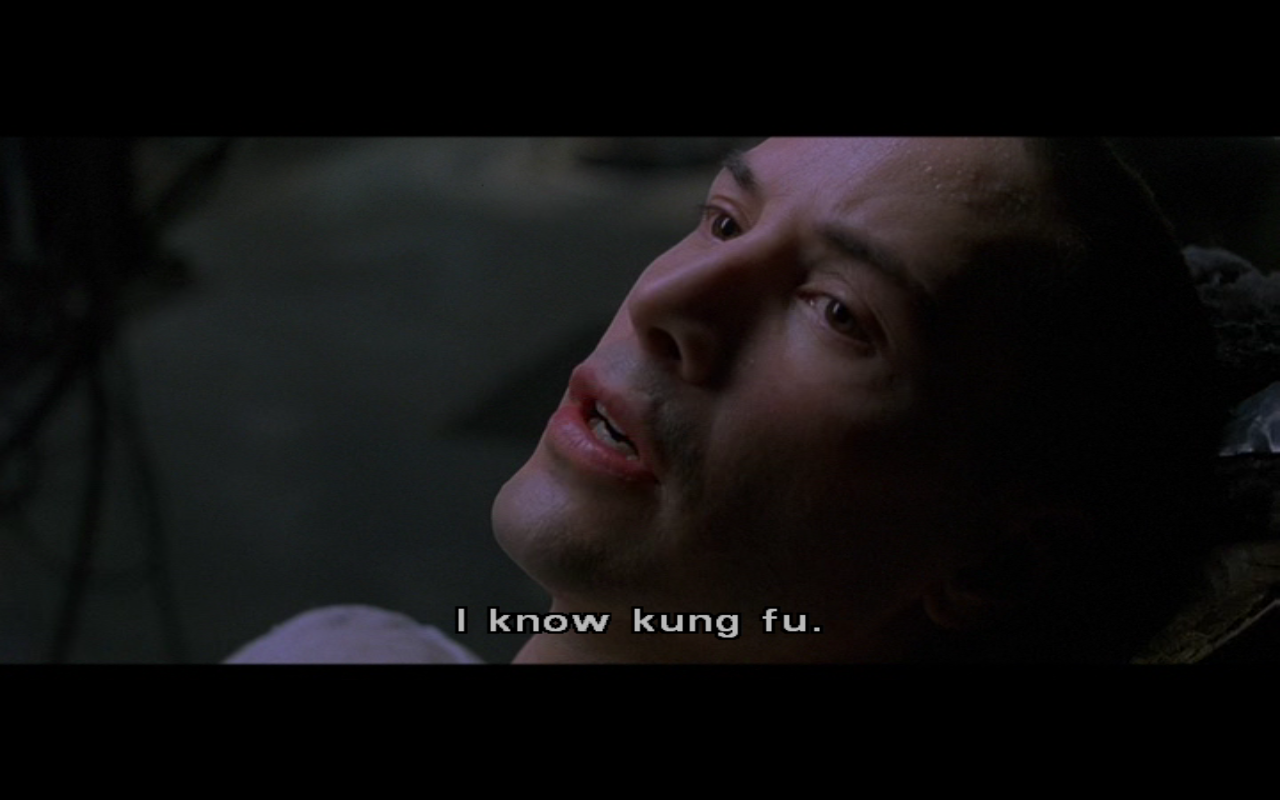The Quandary of Self Education (Part II)
Published on
What is the most effective way to learn? I figured out that just absorbing static knowledge is a terrible approach because I can't prioritize lessons properly and it doesn't make optimal use of my time. That means that I need to combine the best elements of the in-classroom social experience with the flexibility of personal education. As I stated before in Part I, my user case is:
I want a low cost way to leverage the brightest professors in the world through a self-directed but vetted curriculum and to reinforce my learning by using a community of real people combined with personal projects for skills validation.
Luckily, my need is not unique and has been recognized by a variety of institutions. The ability to disrupt traditional delivery channels is a specialty of the Internet, and this is certainly true here as well. Online, typically for-profit, universities (like the University of Phoenix) are certainly nothing new, but they haven't exactly been top tier bastions of academic rigor. A handful of startups are looking to address the shortfall in quality by partnering with top-tier universities who have recognized the seismic shift in traditional educational methodologies towards serving cost-sensitive and geographically-dispersed individuals.
I want a low cost way to leverage the brightest professors in the world through a self-directed but vetted curriculum and to reinforce my learning by using a community of real people combined with personal projects for skills validation.
Luckily, my need is not unique and has been recognized by a variety of institutions. The ability to disrupt traditional delivery channels is a specialty of the Internet, and this is certainly true here as well. Online, typically for-profit, universities (like the University of Phoenix) are certainly nothing new, but they haven't exactly been top tier bastions of academic rigor. A handful of startups are looking to address the shortfall in quality by partnering with top-tier universities who have recognized the seismic shift in traditional educational methodologies towards serving cost-sensitive and geographically-dispersed individuals.

